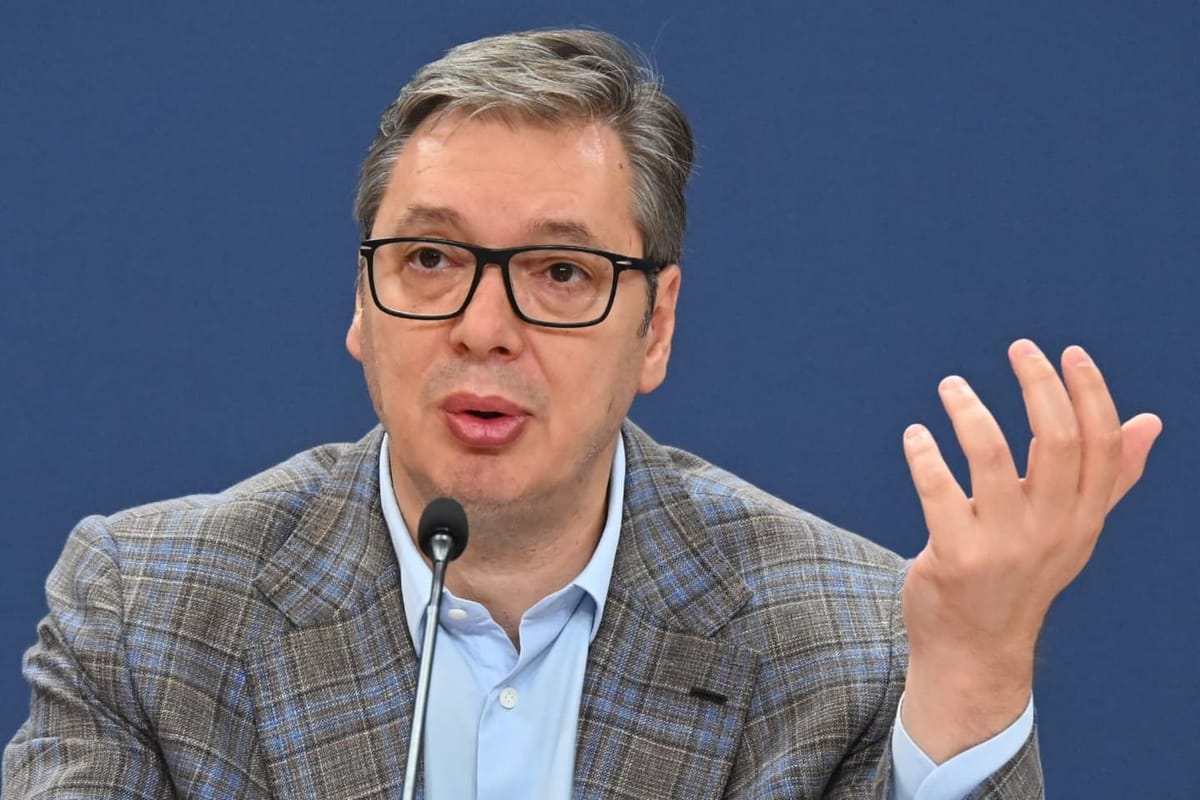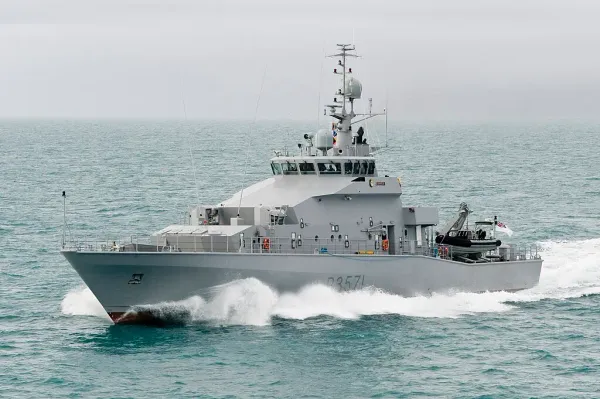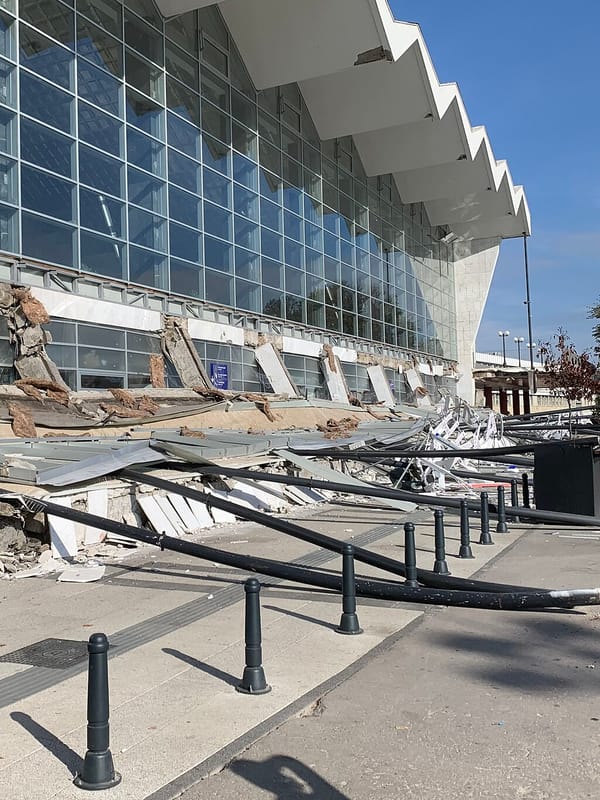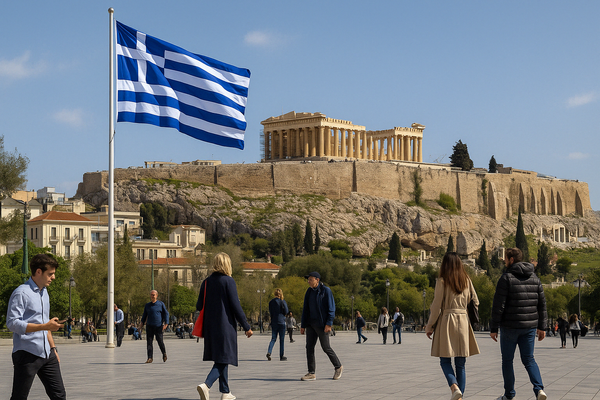
Belgrade protests planned lithium mine in Jadar
Serbian police forcibly removed demonstrators from railway stations protesting the lithium mining project planned by company Rio Tinto, in the country’s capital Belgrade on Sunday August 11.
President Aleksandar Vucic’s government last month authorised the British-Australian global mining group to establish Europe’s largest lithium mine – and reportedly Serbia largest ever foreign investment – two years after it had shelved the idea following similar protests over its ecological repercussions.
The protests began on Saturday evening when tens of thousands rallied in the Serbian capital, after which activists moved to Belgrade’s Prokop and Novi Beograd stations, where they laid on the tracks, disrupting rail services.
The demonstrators’ demands include the complete cessation of the lithium project in Jadar, west Serbia, citing fears of irreversible environmental damage to the region’s land and water, and the release of three activists detained during the protest. More broadly, they also protest the influence of foreign corporations on Serbia’s natural resources, and want a commitment from the Vucic government to prioritise the environment over these interests.
Vucic navigates choppy geopolitical waters
Since 2020, the EU has been lowering its dependence on China for lithium, and last year passed a law designed to diversify suppliers of critical raw materials, including lithium, and up production in and around the bloc.
Lithium is considered critical by the EU and the US due to its importance for batteries for electric vehicles (EVs) and mobile devices. Lithium production is dominated by Australia, with Chile and China second and third. If implemented, the USD 2.4bn (EUR 2.2bn) lithium mine in Jadar could reportedly meet 90% of Europe’s current, but ever-growing, needs.
Vucic, backed by German Chancellor Olaf Scholz, argues that the Jadar project is essential for Serbia’s economic future, potentially bringing in billions of euros in investment and positioning the country as a key player in the European electric vehicle market.
He recently told UK daily the Financial Times that “new guarantees” from Rio Tinto and the EU had satisfied Serbia’s concerns over whether the company would include necessary environmental standards at the site in Jadar. Scholz was part of an EU delegation that visited Belgrade and discussed the project last month.
Vucic has also signed a strategic agreement with Germany, which includes provisions for raw materials, EVs and battery production. However the premier of the EU candidate country has also maintained close relations with China and Russia.
At the weekend the Vucic government claimed to have received warnings from Russian intelligence regarding a planned governmental coup supported by Western powers.
Lithium key to future EU strategy
Rio Tinto argues on the company’s website that as “the scale and high-grade nature of the Jadar deposit provides the potential for a mine to supply lithium products into the electric vehicle value chain for decades, positioning Serbia as the European hub for green energy. Double digit demand growth is forecast for lithium over the next decade,” the company adds.
However, Serbia would receive only EUR 31mn a year from mining rent at current prices, according to the calculations of Serbian Academy of Sciences and Arts (SANU) economist Bosko Mijatovic, who said the project is “not worth even the slightest risk”.
In 2022, Belgrade cancelled the licences for the USD 2.4bn (EUR 2.24bn) project following environmental protests. From 2021-22, Serbian environmentalists collected over 30,000 signatures in a petition demanding that MPs stop lithium exploration in the country.
Serbian Energy Minister Dubravka Djedovic Handanovic said in February that “I think we need to have the opportunity to see relevant, technical and environmental protection studies that the public hasn’t seen. Experts, first of all, should first participate in such a dialogue, to see the best way in which we can use our resources. I am not just referring to the ‘Jadar’ project, I am referring to all our mineral resources,” the minister added.
According to Mijatovic, the EUR 615mn annual value of lithium production would not swell the national coffers. If prices do not increase by more than a third, the Jadar project would incur losses, Mijatovic added. The value of lithium miners and producers’ shares fell 55.7% from July 2023 to July 2024, S&P Global noted.
EVs are still not that popular with consumers due to higher prices, insufficient mileage per charge, and an inadequate number of recharging points, the SANU economist added.





